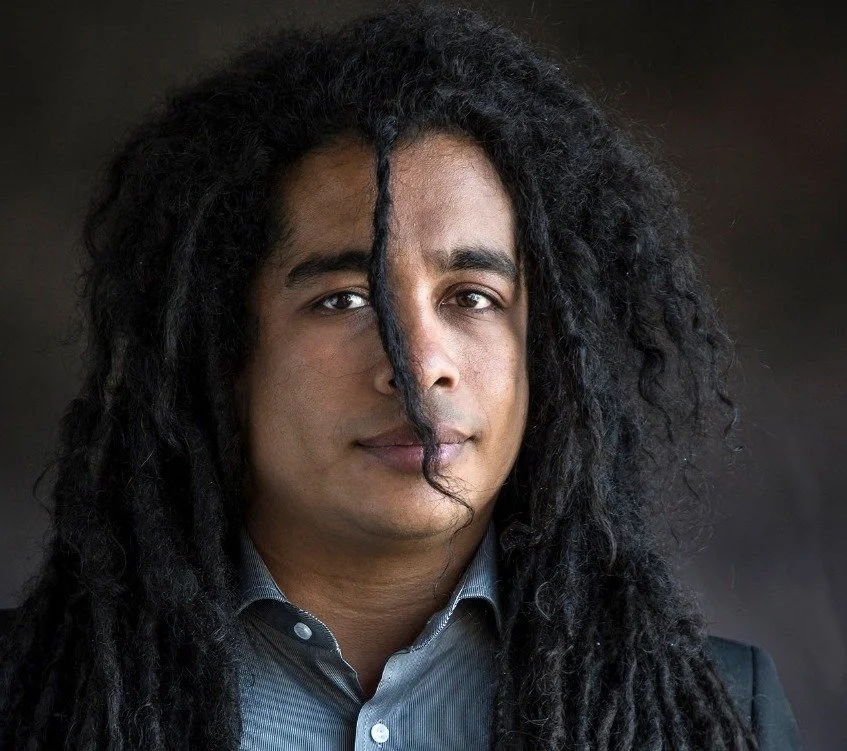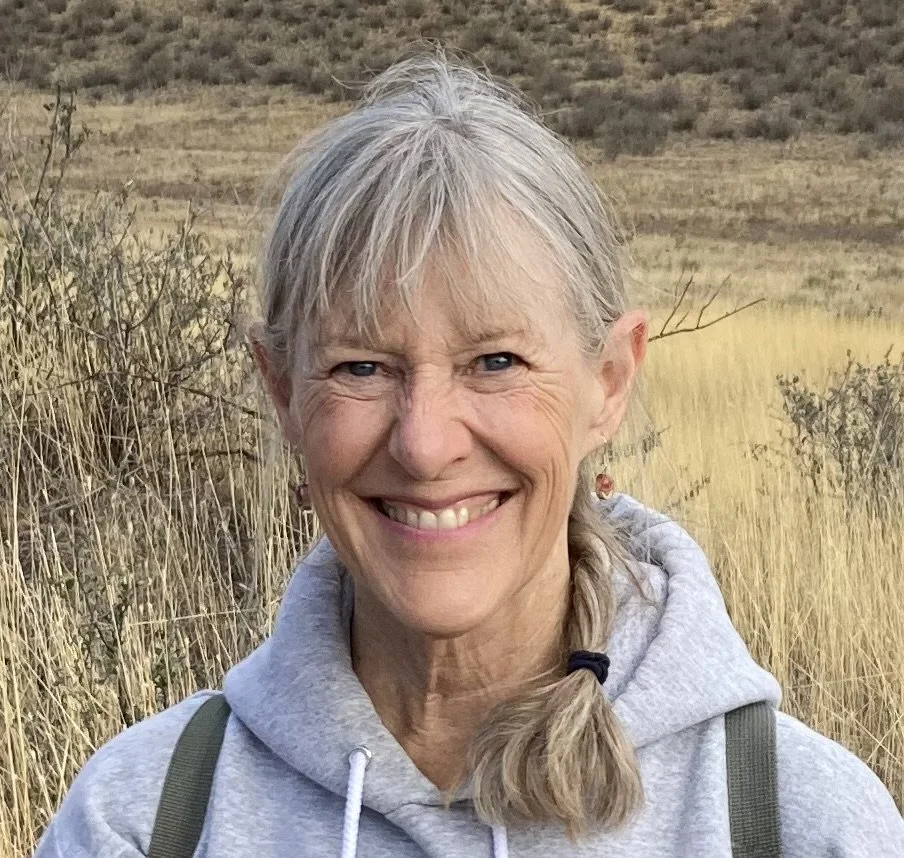Save the Date for the 4th Global Soil Biodiversity Conference in Victoria, British Columbia, Canada from April 12-15 2026!
Registration is now open for the 4th Global Soil Biodiversity Conference!!!
Name Drop! New species unveiled faster than you can say Linnaeus
Free + Open Submission event at the 4th Global Soil Biodiversity Conference, April 12-15, 2026 (https://globalsoilbiodiversity2026.org/)
A Showcase of Soil Biodiversity's Newest Additions
At the upcoming Global Soil Biodiversity Conference 2026 (GSB2026), we’re giving the spotlight to the unsung stars of taxonomy with “Name Drop”: a fast-paced, visually rich slideshow celebrating newly described soil organisms (from the last 5 years). Whether it's a mite, nematode, springtail, fungus, protist, or a soil-dwelling enigma — if it’s named, we want to showcase it.
Announcing the keynote speakers for the 4th Global Soil Biodiversity Conference
Dr. César Marín
In 2022, he became a Full Professor at the Universidad Santo Tomás (Chile) and a Guest Researcher at Vrije Universiteit Amsterdam, the Netherlands. He is Editor-in-Chief of the International Mycorrhizal Society Newsletter since its creation (2020), and Editor in other four scientific journals (Journal of Sustainable Agriculture and Environment, Fungal Ecology, IMA Fungus, and Plants, People, Planet). He is the founder and coordinator of the South American Mycorrhizal Research Network, which has more than 450 members from 50 countries; he is an Associate Scientist of the Society for the Protection of Underground Networks (SPUN), a member of the Board of Directors of the International Mycorrhizal Society, and a founding member of the Global Soil Biodiversity Observation Network (SoilBON). He holds a PhD in Ecology and Evolution from the Universidad Austral de Chile (2018) and a Diploma in Philosophy of Biology. Since 2014, he has published more than 65 peer-reviewed scientific articles.
In 2019, he was awarded Afro-Colombian of the Year, Academy category, by the newspaper El Espectador and Color de Colombia Foundation. In 2021 he received the Humberto Maturana Award from the Chilean Biology Society, in 2022 the “Somos Micelio” Award from FungiFest – Valdivia Mushroom Festival, and in 2024 the Carlos Luis Spegazzini Medal, in Maastricht, Netherlands, from the International Mycological Association.
Dr. Janet K. Jansson
Janet Jansson is an Emeritus Chief Scientist and Laboratory Fellow at the Pacific Northwest National Laboratory (PNNL), where she served from 2014-2021. Previously, she was Professor and Vice Dean at the Swedish University of Agricultural Sciences (2003-2007), Senior Scientist at Lawrence Berkeley National Laboratory (2007-2014) and Adjunct Professor at UC Berkeley and University of Copenhagen (2012-2014). Her research focuses on the impacts of perturbations, such as oil spills and climate change, on environmental microbiomes. Jansson also pioneered use of molecular microbial ecology to study the human microbiome. She made considerable advances in understanding the impact of climate change on permafrost and grassland soil microbiomes and viruses. In addition, she recently led the first study of soil microbiomes in space that was funded by NASA. Jansson is a Fellow of the American Academy of Microbiology, Washington State Academy of Science and AAAS. She has >250 publications (H-Index 92) and is one of the most highly cited researchers in the world. She is a Past President of ISME and has served on numerous advisory panels, including the White House’s Microbiome Initiative, the National Academies of Sciences, the U.S. National Committee for Soil Science and NASA. She is currently leading an elite group of scientific experts called ‘The Soil Stars’ that use microbial strategies to help mitigate climate change and chairs the Scientific Advisory Board for Oath Inc., a company that combines microbial inoculants and carbon sensors for soil carbon enrichment and measurement.
Dr. Maria J.I. Briones
Maria J.I. Briones is currently a professor at the University of Vigo and is a member of the Global Soil Biodiversity Initiative (GSBI), the Global Soil Biodiversity Observation Network (Soil BON) and the International Network on Soil Biodiversity (NETSOB). As a member of the Steering Committee of the Global Soil Biodiversity Assessment (GSBA), she has been involved in the production of the first-ever Global Soil Biodiversity Atlas, mapping soil biodiversity for the entire planet. This unique Atlas has provided a long-needed detailed analysis of soil organisms together with the threats to soil biodiversity at global scale. In addition, she has a very long ongoing (minimum from 3-4 months a year since 1993) highly productive collaboration with the UK Centre for Ecology and Hydrology (UKCEH), contributing to various research projects on the effects of Climate Change on Terrestrial Ecosystems, including her pioneering work in the use of stable isotopes to trace labile C and N in soil food webs. As a result of these pivotal research developments, her collaborations with the UKCEH resulted in her recognition in 2002 as a “CEH Fellow", and since then she is an honorary member of this Centre of Excellence. Her research experience of more than 25 years has greatly contributed to enhance our understanding of the effects of global changes on soil biodiversity and ecosystem functioning, with an early recognition of the importance of soils in the global climate system. Specifically, she has been involved in the quantification of carbon dynamics in organic soils by trying to decipher how changes in climatic conditions could affect plant-soil-organism interactions, CO2 and CH4 emissions and nutrient losses into the soil solution.





